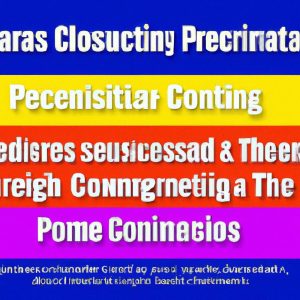
Can You Put a Residential Property Into a Trust?
Exploring the Transfer of Residential Property Into a Trust Transferring ownership of a residential property into a trust can be a strategic financial move that offers various advantages for property owners. By placing your property into a trust, you can safeguard your assets, simplify the transfer of ownership, and potentially reduce tax liabilities. However, many individuals may be uncertain about the process of transferring a residential property into a trust and the associated benefits. In this article, we will delve into the steps involved in transferring a residential property into a trust, the advantages it offers, and practical tips to guide you through the process. Advantages of Establishing a Trust for Residential Property Protection of Assets: Placing your property in







